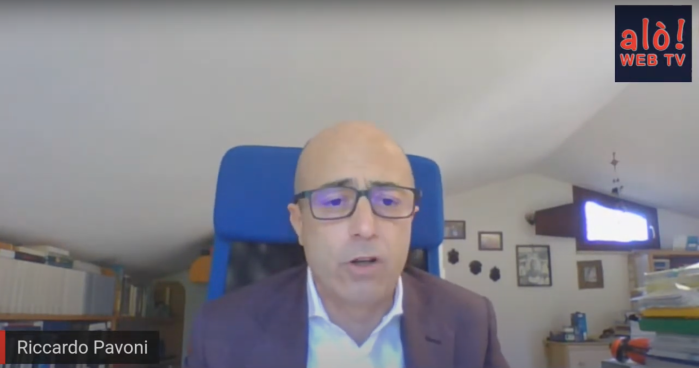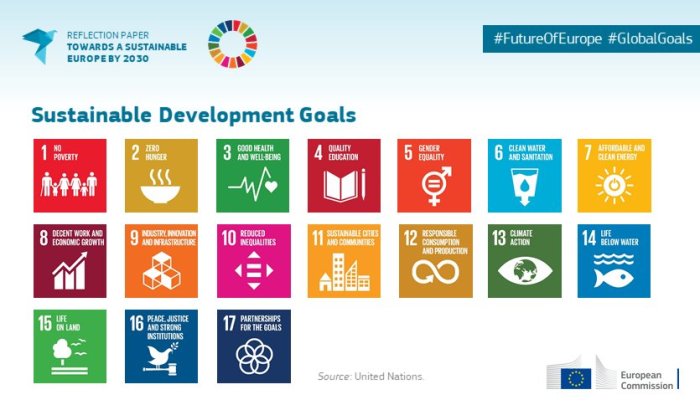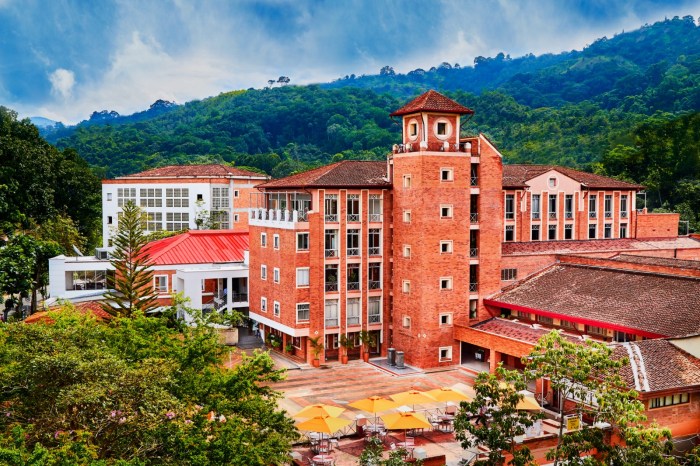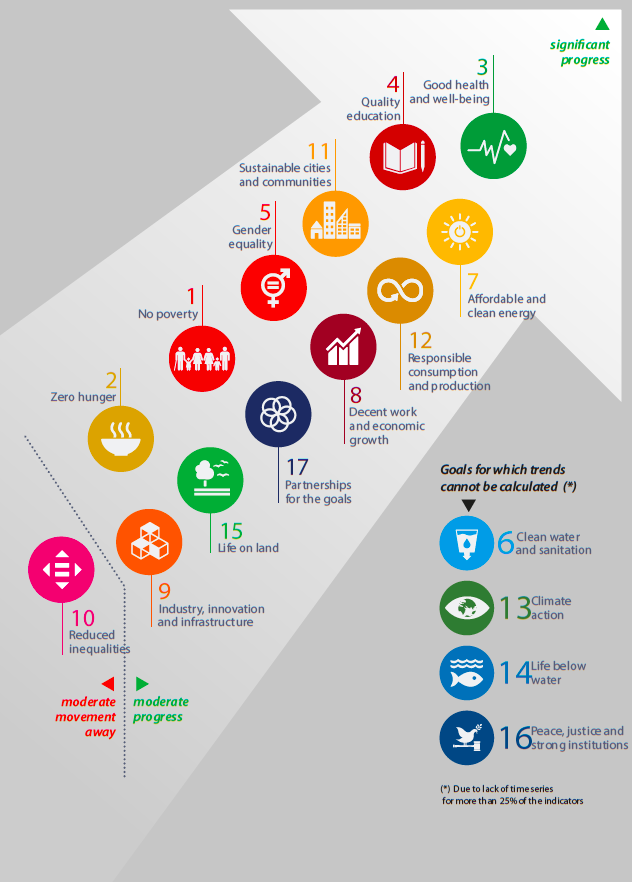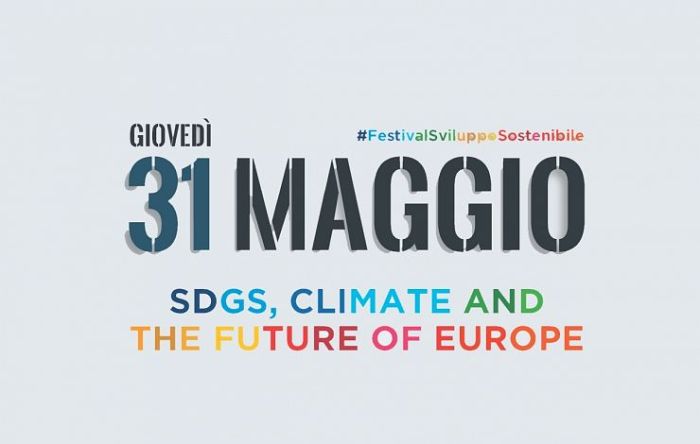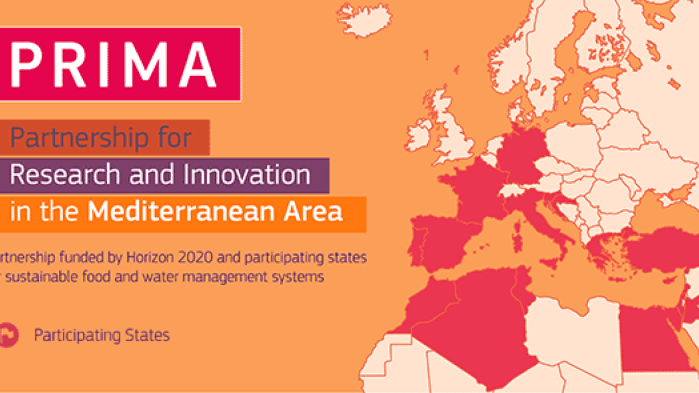
On 29 January, the Partnership for Research and Innovation in the Mediterranean Area (PRIMA) announced the launch of its two calls for proposals for 2018 with a public event hosted by the University of Siena, to which the EULawSD team has participated with its academic coordinator, Prof. Riccardo Pavoni.
The PRIMA initiative was officially established pursuant to Decision 2017/1324 of the European Parliament and of the Council entered into force on 7 August 2017, and consists of 15 participating States from both the EU and neighboring countries, including Algeria, Croatia, Cyprus, France, Germany, Greece, Israel, Italy, Luxembourg, Malta, Portugal, Slovenia, Spain and Tunisia (Egypt, Jordan, Lebanon and Morocco are also expected to join PRIMA). Its aim is to build research and innovation capacities among the participating countries, as well as to develop knowledge and common solutions for agro-food systems and water provision in the Mediterranean area, in order to make to make them sustainable, in line with the 2030 Agenda of the United Nations and its 17 Sustainable Development Goals (SDGs).
For 2018, PRIMA calls will be divided into 2 Section, both starting on 8 February. Section 1 (submission deadline: 17 February) will cover three topics: (i) water use and water desalination for agricultural and food production; (ii) improving the sustainability of Mediterranean agro-ecosystems; and (iii) implementing innovation in Mediterranean agro-food chains by smallholders and SMEs. Section 2 (deadline: 27 March) will instead include nine additional topics, consistent with the three PRIMA thematic areas (integrated and sustainable management of water for arid and semi-arid Mediterranean areas; sustainable farming systems under Mediterranean environmental constraints; and sustainable Mediterranean agro-food value chain for regional and local development).
The calls will be open to the Euro-Mediterranean scientific communities, stakeholders and private entities (in this last case, through joint research consortia with public research organizations, universities and end users). Section 1 actions and activities will be organized, managed and funded by the PRIMA Foundation, whereas Section 2 activities will be organized by the PRIMA Foundation and funded by the national funding bodies of participating States.
For more information, read PRIMA’s official announcement here or visit PRIMA’s website at http://www.prima4med.org.
